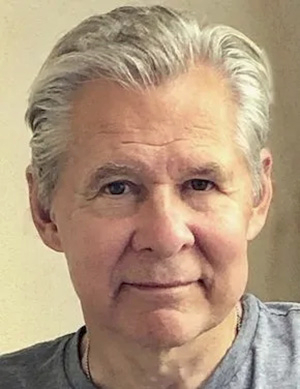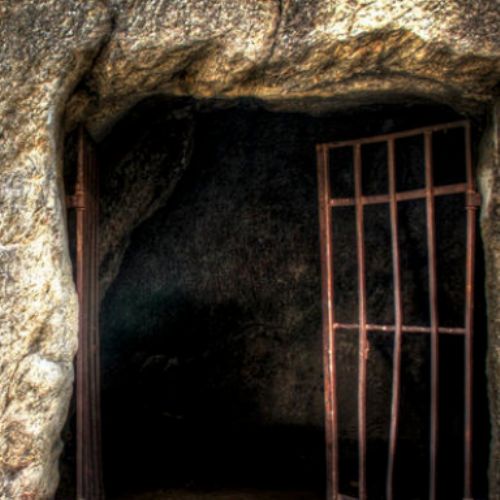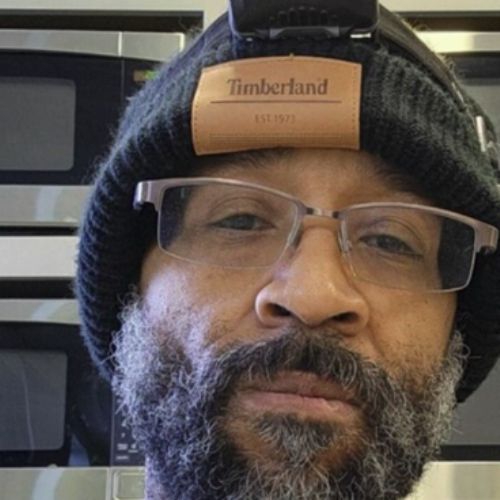It is easier to build strong children than repair broken men"
—Frederick Douglass
 Fredrick Douglass escaped slavery at the age of 16, maturing into a national leader of the abolitionist movement. Over the years, he became an international social reformer, orator, writer, and statesman, whose position on the value of intact families was wrought in the fires of forced separation.
Fredrick Douglass escaped slavery at the age of 16, maturing into a national leader of the abolitionist movement. Over the years, he became an international social reformer, orator, writer, and statesman, whose position on the value of intact families was wrought in the fires of forced separation.As a victim of a system that regularly took children from their parents, he knew the devastation of those with no father to guide and protect them. But in those days, the loss of a father was under the control of the slave owner. Who is in control now?
In America today, 85% of incarcerated juveniles come from fatherless homes. If that one statistic doesn't start some bells ringing in our heads, what does? Fathers are not to be simply sperm donors. They are designed by God to be the backbone and foundation of the family; the holder of the the moral high ground; an example to his children, and the financial supporter of his wife and children.
The great coach, John Wooden, said "The best thing a father can do for his children is to love their mother." Marriage and family are not something that goes out of style. Can we get rid of the titles "baby mama" and "baby daddy" and get back to giving our children the strong foundation of a mother and a father who love and respect each other, who marry and commit to each other and their offspring, raising them to be successful, respected adults who contribute to the community in which they live?
Why is that idea repugnant to some? Fatherless homes are shown to have a disastrous effect on children. If it were a virus threatening their welfare, the whole country would be whirling to fix the problem, but this growing trend doesn't raise a red flag? We've talked to pastors about what looks like the wholesale acceptance of this growing social norm and some of them are very concerned. They know that continued destruction of the family is a large part of the the gun violence issue, and are willing to take this problem to the pulpit.
All of this is not to say that single mothers don't do a good job. There are many examples of the successful child whose single mom was just that super woman who did it all and was able to impart the needed map to excellence that children require. But all those kids in prison without fathers overwhelmingly prove the ideal of a two-parent home, not just a vacant chair at the head of the table.
How long will we ignore the evidence?
Jim
The Evidence:
- 63% of youth suicides are from fatherless homes (US Dept. Of Health/Census) – 5 times the average.
- 90% of all homeless and runaway children are from fatherless homes – 32 times the average.
- 85% of all children who show behavior disorders come from fatherless homes – 20 times the average. (Center for Disease Control)
- 80% of rapists with anger problems come from fatherless homes –14 times the average. (Justice & Behavior, Vol 14, p. 403-26)
- 75% of all adolescent patients in chemical abuse centers come from fatherless homes – 10 times the average.
- 70% of youths in state-operated institutions come from fatherless homes – 9 times the average. (U.S. Dept. of Justice, Sept. 1988)
- 85% of all youths in prison come from fatherless homes – 20 times the average. (Fulton Co. Georgia, Texas Dept. of Correction)
Source: TheFatherlessGeneration .wordpress.com









